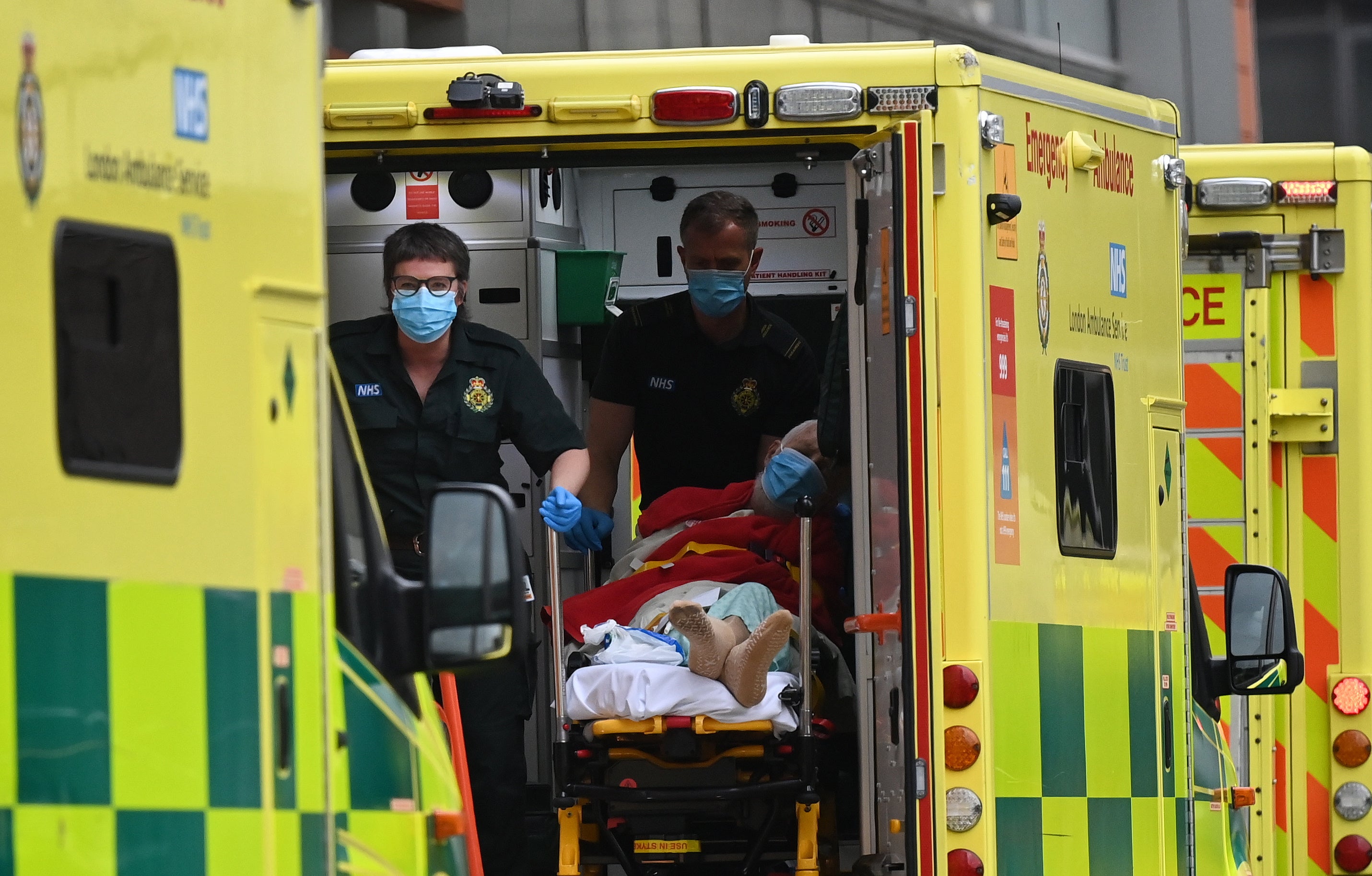Cutting the 10-day Covid isolation period is a dangerous move
We can see some steps towards normalisation, but will need to share our future with the virus. Now is not the time to ditch the rigorous science that is keeping people alive and well


It is unrealistic and dangerous to think we could cut the Covid isolation period from seven to five days, as the US has just done. We are just getting data on the isolation period reduction from 10 days to seven, and we don’t fully know the impact of this yet.
A number of studies have shown that shedding of the virus peaks between days three and six, but some individuals could still be shedding live virus between days seven and nine, and none were positive by day 10. This is why the scientific community recommended the 10-day isolation period.
The scientific data hasn’t changed, so even making a reduction to seven days is a compromise measure. Cutting this further would be a purely economic decision. There has to be a balance. A new Japanese pre-print study on Omicron’s infectiousness period mimics previous data. People are becoming positive one day earlier than previous variants, but that in itself is not enough to justify shortening the period of isolation.
While the two lateral flow tests on day six and seven to allow release are a good indicator, they are not highly sensitive tests. We know many people, such as those on zero-hours contracts, face work pressures to get back to their jobs. It is easy to cheat.
The rationale behind these new proposals is focused on the economics of keeping people at work, and the psychological element of learning to live with Covid, rather than scientific evidence.
We are not quite there yet. So many people are getting infected at the same time which is crippling the NHS, putting pressure on essential services with high levels of absenteeism, meaning people can’t do their jobs and keep the country running.
Until we even out the waves of infection, this situation will keep occurring. Once we manage to lose the synchronisation that means everyone is catching the virus at the same time, it will be easier to live with. Only then will it become more like the annual flu. Unfortunately, some people will still become very unwell and die which is very sad, but we will be able to cope and carry on.
Lateral flow testing is key to controlling the levels of infection, and it must be free. If the government starts charging people for test kits, the take-up will plummet. People feel much safer if they know they are sharing their environment with people who are testing regularly. A lot of people are not testing already, which is one of many reasons why we are getting such high transmission. They are fatigued with Covid restrictions and just want to return to normality.
Because of the high levels of current community transmission, the need to confirm a positive lateral flow with a PCR test is redundant, so the justification of doing a PCR is a waste of money. A move away from this would mean money being better spent on more lateral flow testing availability. The only need for PCRs is to confirm new variants, but when you have a huge wave like we are experiencing now, we know that 99 per cent of infections will be Omicron.
To keep up to speed with all the latest opinions and comment, sign up to our free weekly Voices Dispatches newsletter by clicking here
We are not at the beginning of the end of the pandemic by any means. That requires having a full vaccine rollout in all countries around the world. In Ethiopia, only 1.4 per cent of the population are fully vaccinated, for example. However, in the UK, we have achieved a good degree of immunity, derived from both natural immunity and vaccines, which could partially explain a reduced virulence, or at least the lower rate of hospitalisations.
The longer-term “new normal” will be regular waves of Covid sweeping through the population, just as we see with colds and flu. The good news is that when this happens in a population with relatively good immunity, it will not result in huge, synchronised portions of the population being sick at the same time. The more vulnerable members of society might be facing regular vaccination to reduce the impact of infection in this group, as we see with flu vaccination.
We can see some steps towards normalisation, but will need to share our future with this virus. To suggest that we have reached a major turning point in the story of Covid is a claim made for political expediency. Now is not the time to ditch the rigorous science that is keeping people alive and well.
Sally Cutler is a professor in medical microbiology at the University of East London
Join our commenting forum
Join thought-provoking conversations, follow other Independent readers and see their replies
Comments
Bookmark popover
Removed from bookmarks